As Mayor of Molalla, I feel compelled to share my deep concerns regarding two proposals currently being discussed in Salem: a taxpayer-funded bailout of the Oregon Department of Transportation (ODOT) and the idea of granting the governor unilateral authority over future gas tax increases.
Both measures, in my view, represent a step backward for fiscal responsibility, community voice, and transparent governance. On behalf of the residents and businesses of Molalla, I urge policymakers to reject these proposals and pursue reforms that prioritize accountability and local representation.
Fiscal Responsibility and Accountability
The people of Molalla—and Oregonians across the state—expect their hard-earned tax dollars to be managed with discipline and transparency. Yet the proposed ODOT bailout appears to reward mismanagement and inefficiency rather than addressing root problems.
ODOT has faced mounting deficits for years, often tied to poor planning, costly expansions, and administrative waste. Instead of correcting these issues, the state now proposes pouring millions of taxpayer dollars into the agency with no assurance of structural reform.
This approach sends the wrong message. Local governments are expected to balance their budgets without bailouts. Cities like Molalla must make difficult choices, trim inefficiencies, and live within their means. ODOT should be held to that same standard.
With pressing needs in public safety, education, housing, and local infrastructure, we simply cannot justify funneling scarce dollars into an agency that has yet to earn public trust through accountability.
Opposition to Centralizing Gas Tax Authority
Equally concerning is the proposal to place control of future gas tax increases exclusively in the governor’s hands.
Gas tax decisions have far-reaching consequences for families, small businesses, and local governments. These revenues fund road maintenance, transit systems, and essential safety improvements. To concentrate such authority within the executive branch strips away the very legislative oversight and local input that ensures these policies remain connected to community realities.
Removing public debate and community consultation undermines the democratic process. Local leaders, who are closest to the challenges facing our neighborhoods, must retain a voice in shaping tax policy. Centralizing this power in Salem risks imposing one-size-fits-all solutions that fail to address the unique needs of both rural towns and urban centers.
Gas tax policy should remain a matter of open deliberation, broad consensus, and public accountability—not unilateral decree.
Recommendations for Reform
Rather than bailouts and centralized control, Oregon needs reforms that build trust and sustainability in transportation policy. I propose the following steps:
-
Commission an Independent Audit of ODOT
A full, transparent audit must be conducted to pinpoint inefficiencies, waste, and mismanagement within ODOT. Reforms should be implemented before any new taxpayer funding is considered. -
Preserve Legislative Oversight of Gas Taxes
Gas tax proposals must remain subject to legislative debate and local government input. Residents deserve an open, deliberative process where their concerns are represented. -
Prioritize Investments in Rural and Underserved Areas
State transportation dollars should focus on public transit, roadway safety, and infrastructure maintenance—especially in rural communities often overlooked in statewide planning. -
Require Public Engagement for Major Funding Decisions
Oregon must commit to transparency by ensuring that every major funding proposal includes robust public hearings and community participation.
A Shared Vision for Oregon’s Future
As mayor, my responsibility is to protect the interests of Molalla residents, but this issue goes far beyond my city. It is about creating a statewide system of accountability, equity, and sustainability.
We must resist the temptation of quick fixes like bailouts and top-down governance. Instead, let’s demand reforms that strengthen oversight, empower communities, and ensure that every transportation dollar is spent wisely.
Oregon’s future depends on responsible fiscal stewardship and inclusive decision-making. I urge lawmakers to reject the ODOT bailout in its current form and to oppose any attempt to centralize gas tax authority in the governor’s office.
Let us work together toward a transportation system that reflects the values of accountability, fairness, and local empowerment—principles that should guide us not only in Molalla but across the entire state.


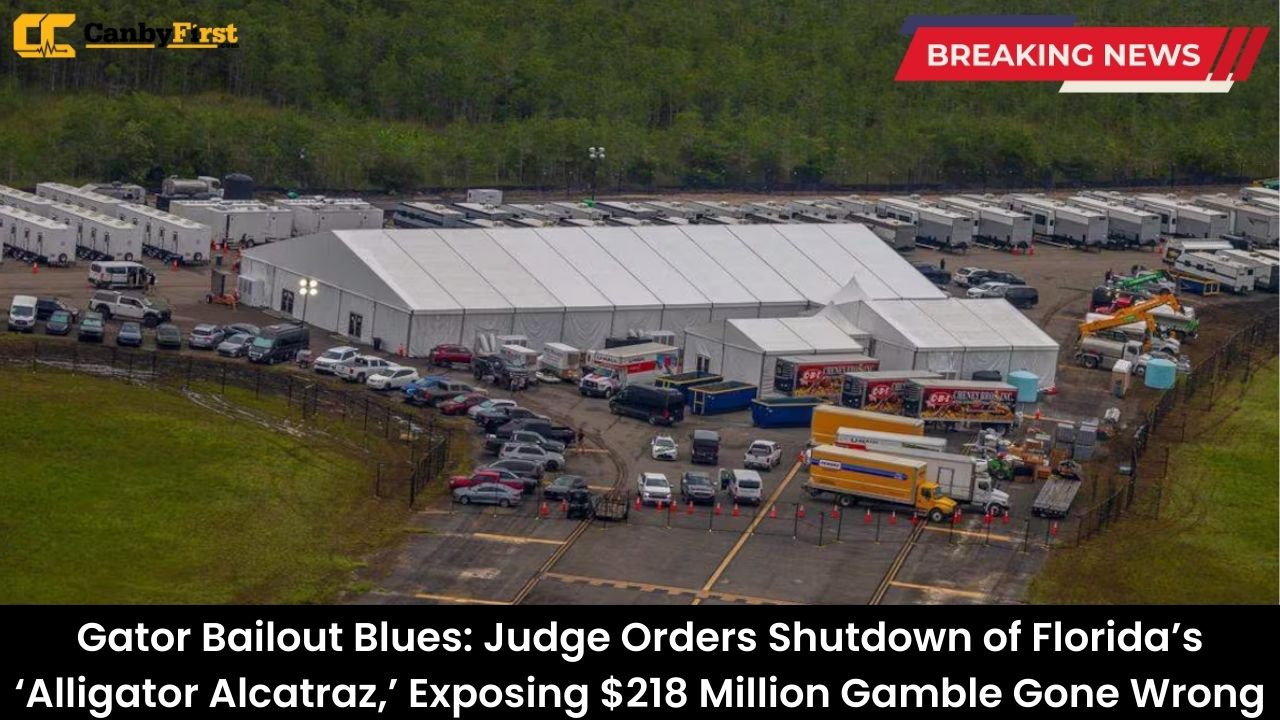

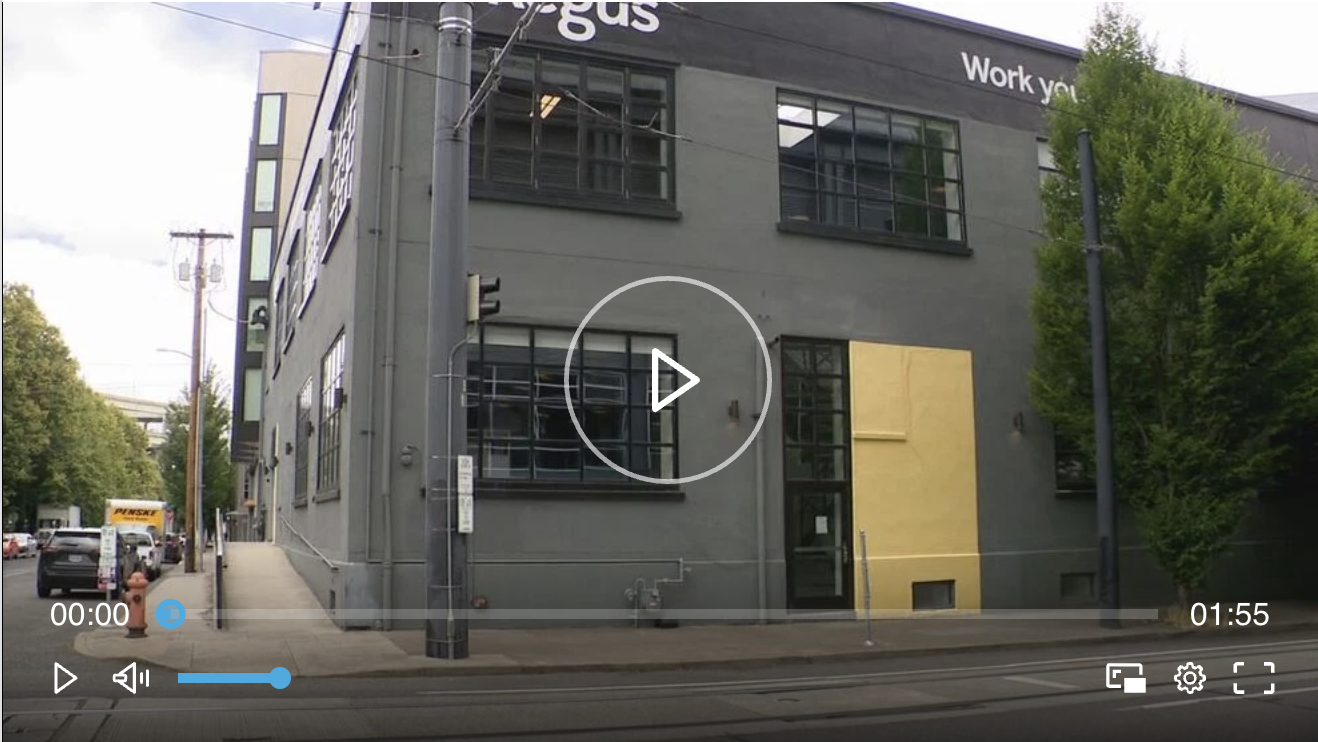
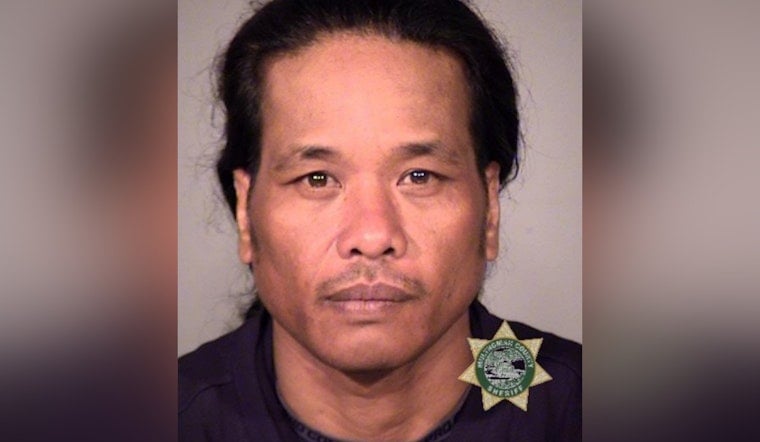
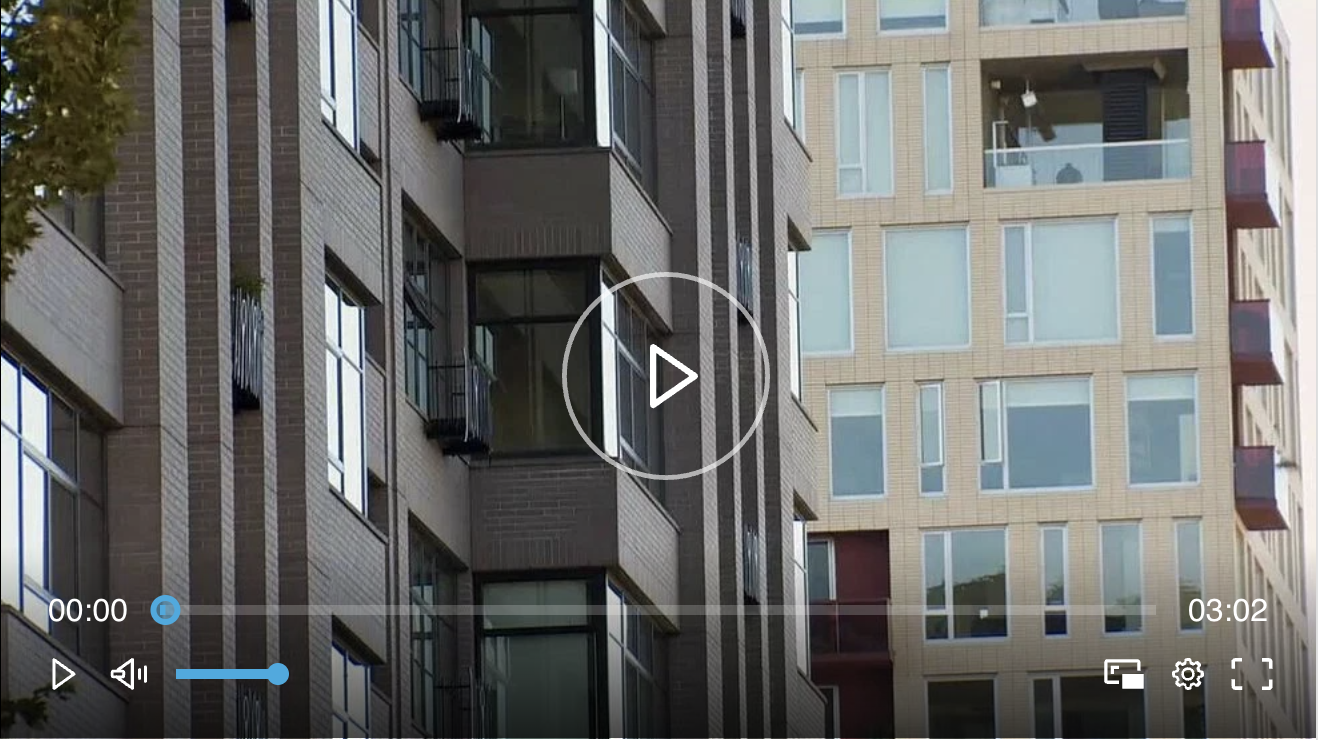
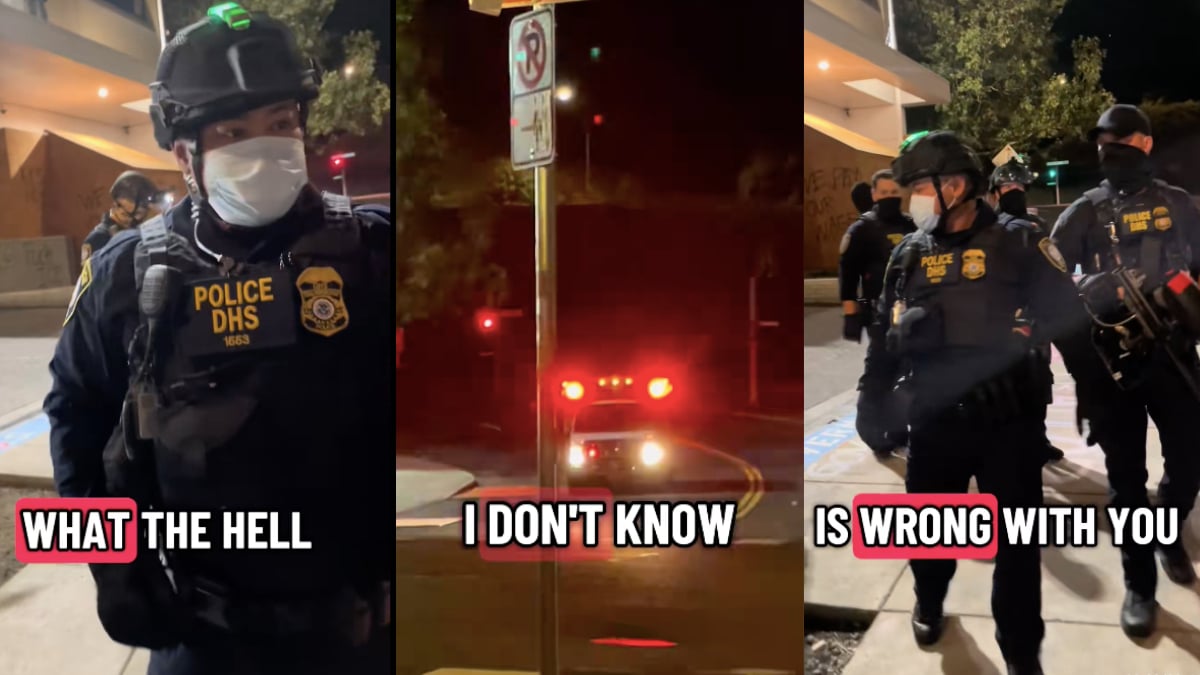
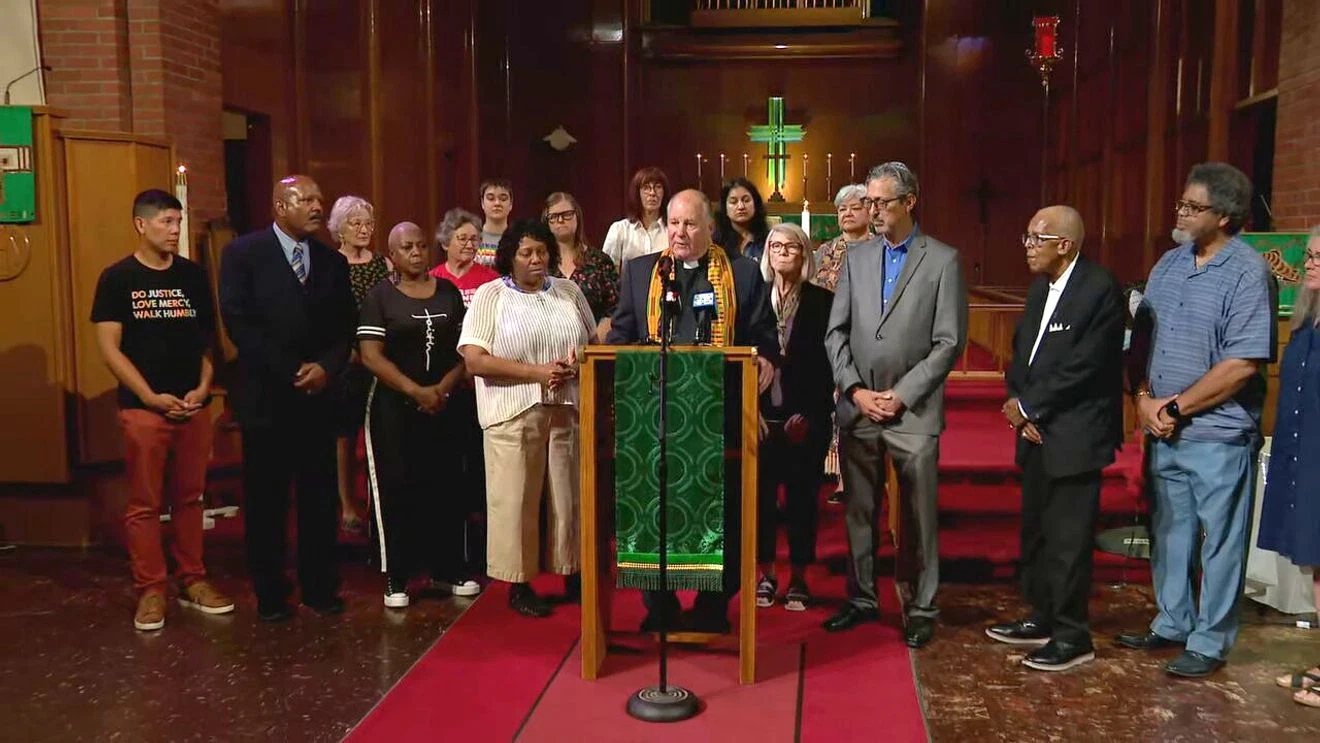
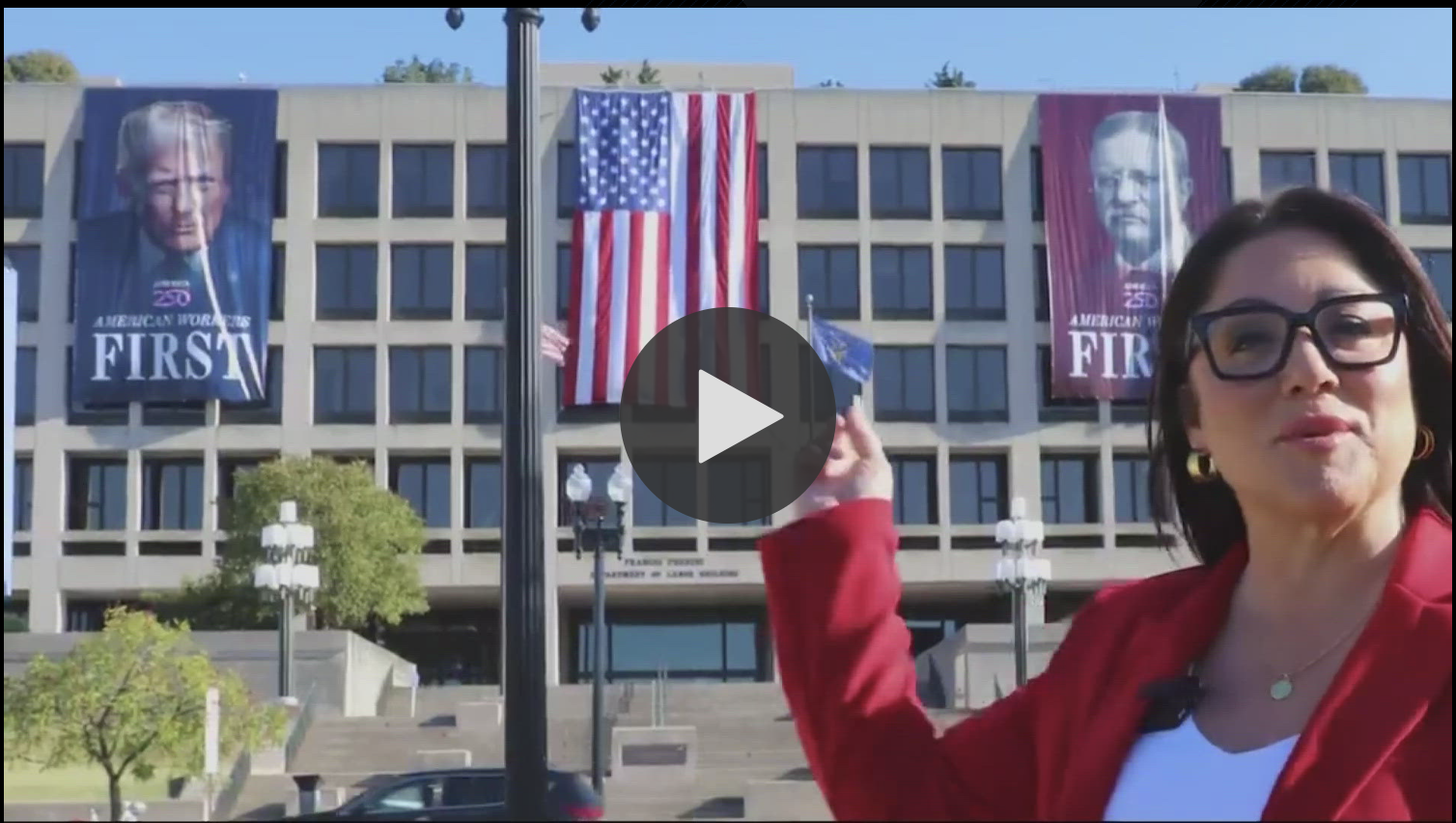

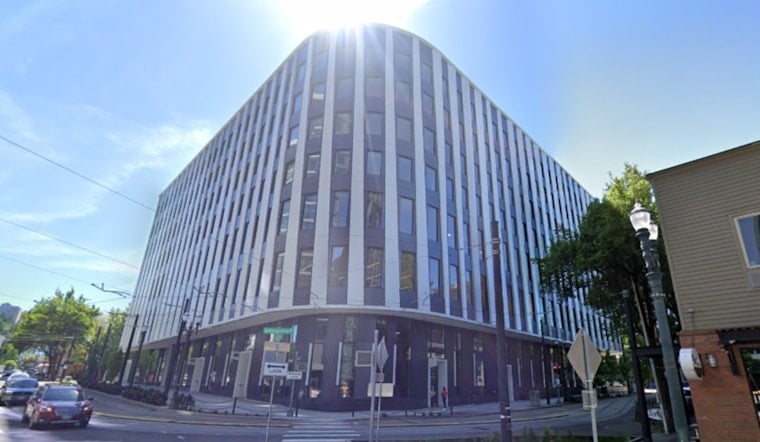

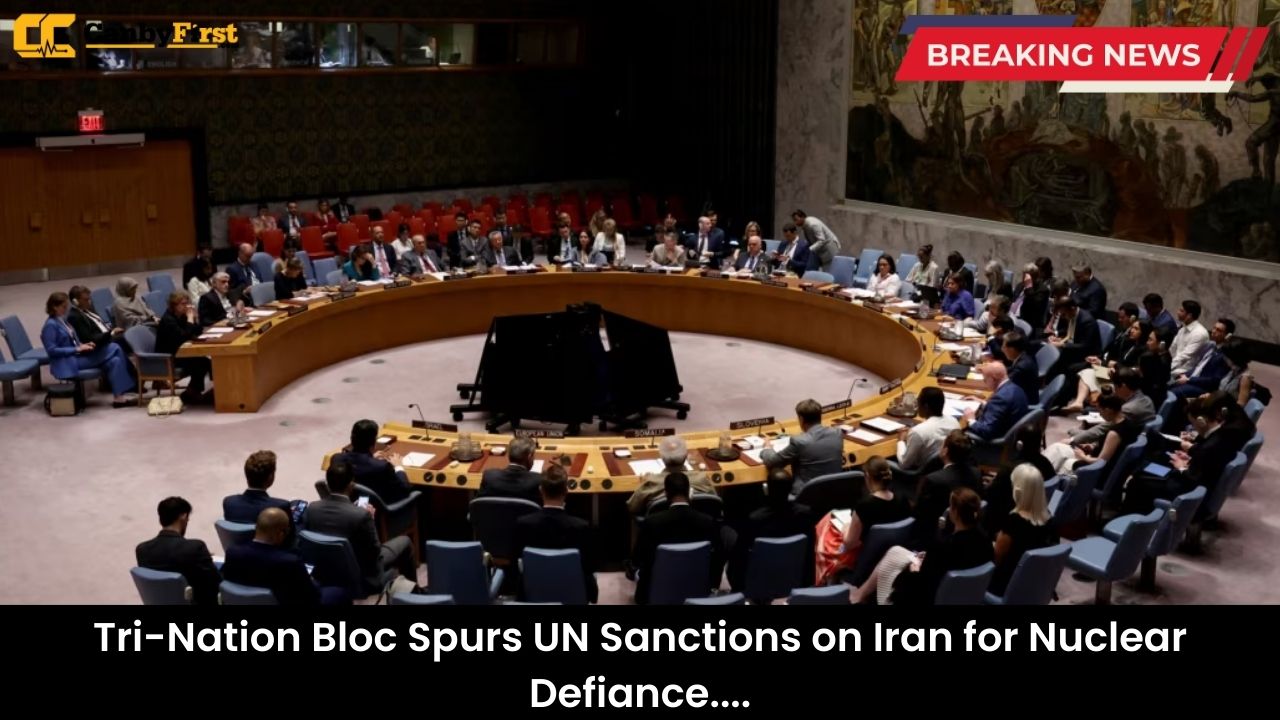

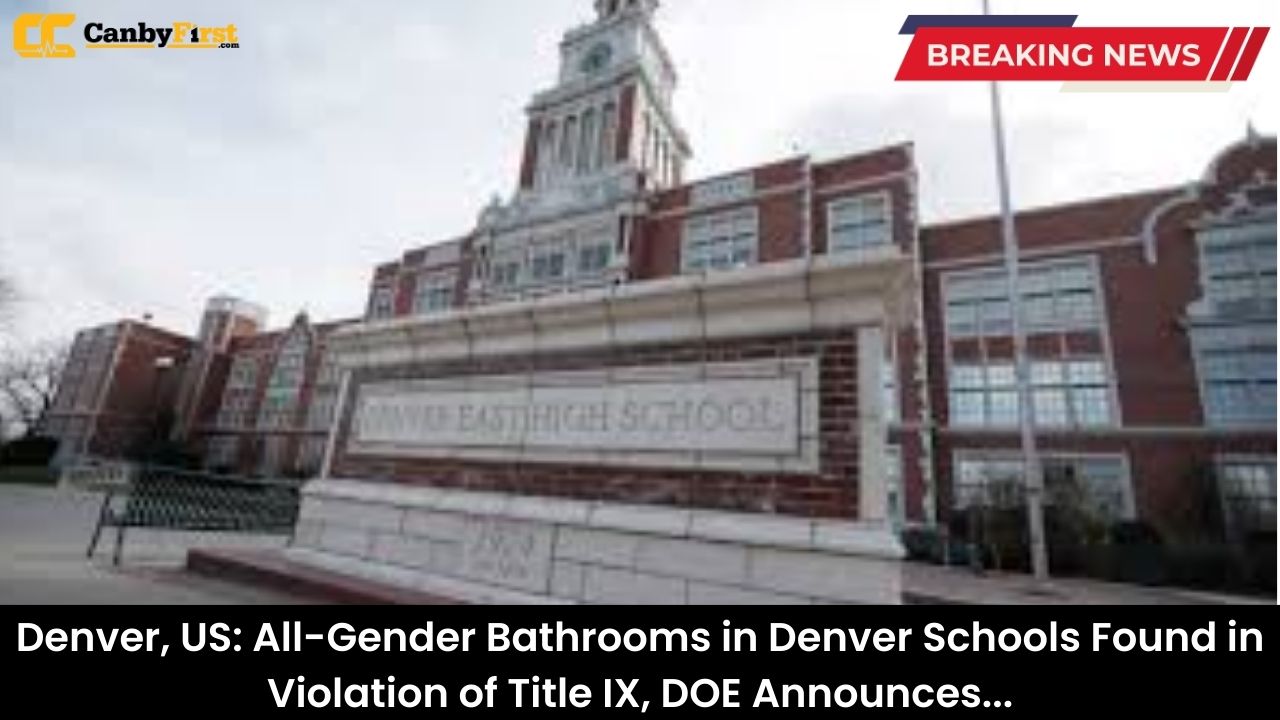
Leave a Reply